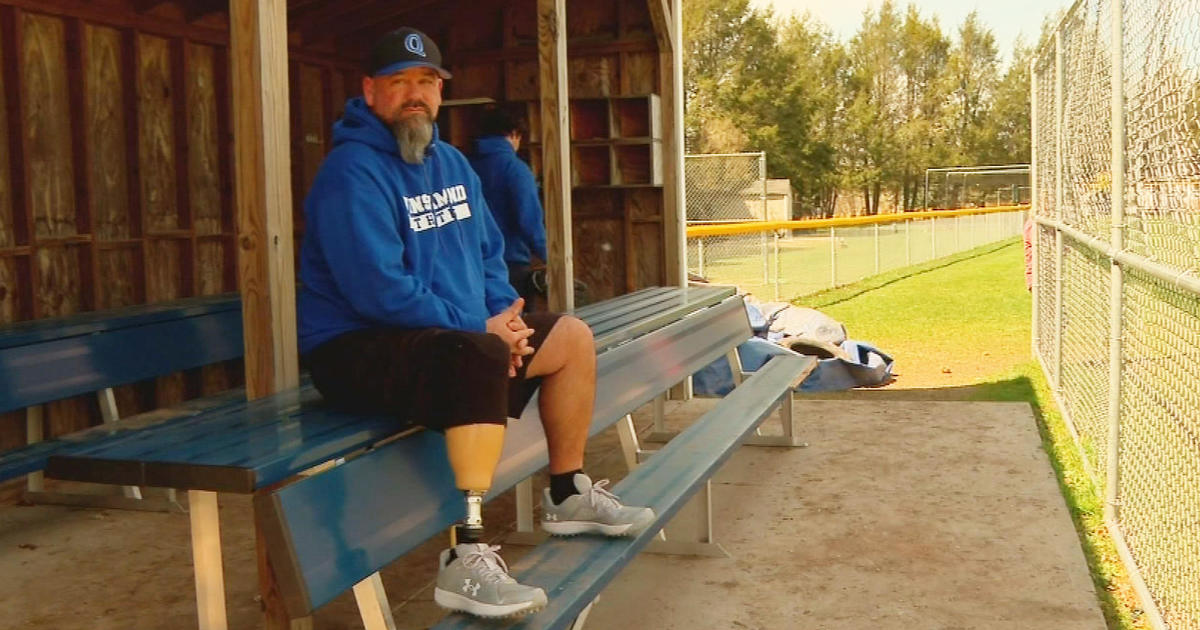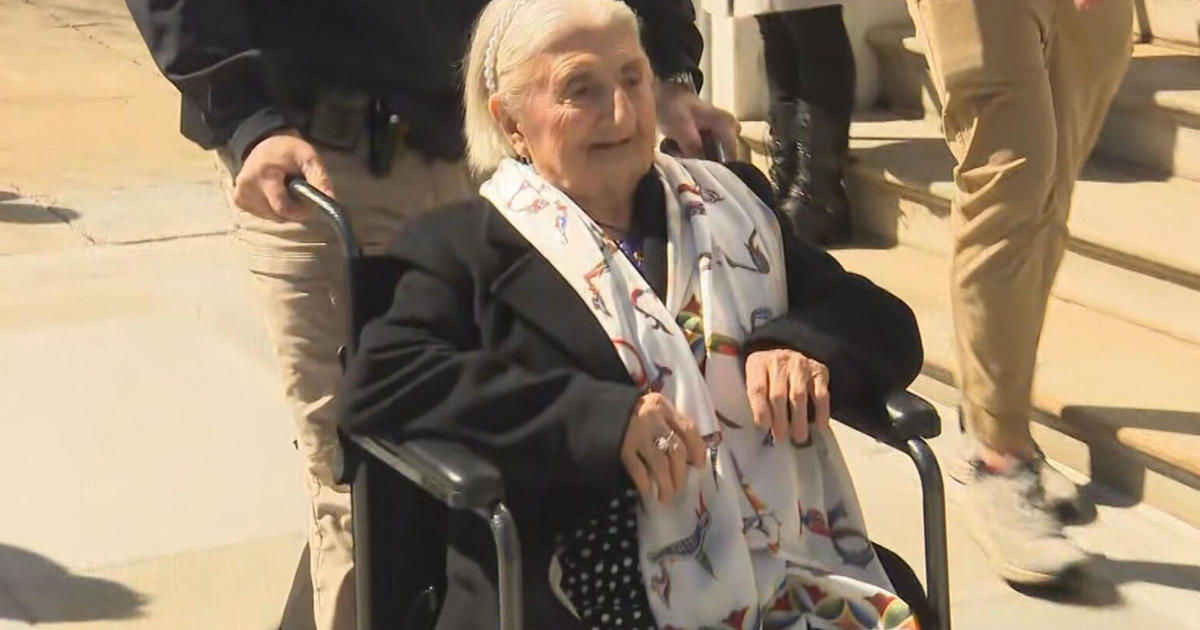Mass. Probation Department Under Scrutiny Again After Employees Report Structural Racism, Discrimination
BOSTON (CBS) -- Sharon Rodriguez just resigned from her job as a case specialist for the Massachusetts Trial Court. Rodriguez had worked for the state for nine years. But she says after repeatedly applying for a promotion and not being considered, despite her experience and educational background, she couldn't take it anymore.
"I have applied numerous times to be a probation officer and an assistant probation officer. I got interviewed but was never offered the position. I didn't it get. But they gave it to one of my white co-workers who was only there for one year," said Rodriguez during a virtual hearing before a special legislative commission -- investigating structural racism in the state's probation service.
"It got to the point where I couldn't work there anymore. It was affecting me mentally and emotionally. I'm on anti-depressant medication, I'm on anti-anxiety medication," Rodriguez said. "It was affecting my relationship with my children because every time I would come home, I would be upset. And it wasn't at them it was just at the situation. I felt like I was drowning and I couldn't do anything about it."
Garry Porter also just resigned after ten years as a probation officer for the probate court.
"I witnessed racism and I witnessed it from my colleagues, my fellow probation officers," Porter said.
We first met Porter last year when he told us his department was crippled by racism.
"I decided to speak out because this is really a public health epidemic, an attack on people of color," Porter said.
Porter says he was racially profiled and the subject of an internal investigation. "And I'm talking a vigorous three-to-four-month investigation, where it had an impact on my health. It had an impact on mental well-being," said Porter.
In September of 2019, seven employees filed a harassment complaint after Porter sent out an e-mail with three video links. Among them, a lecture on white fragility and a TED talk on internalized racism. Porter says raising awareness about bias was part of his role as a Cultural Proficiency Champion. Adding that a description of his responsibilities calls for the employee to develop and implement best practices and advance cultural and diversity awareness.
"I sent them this in an email that clearly said 'hey have a look at this, hope you find this educational, any questions please reach out to me.' And the next thing I knew I was being investigated," Porter said. "They concluded that I violated the trial court policy and caused a situation that was hostile. The courts are still in a place, where their view, in my mind, of cultural proficiency, is tasting each other's food and talking about where you come from. But not necessarily leaning in on behaviors, and changing attitudes, and changing outcomes."
Porter is one of several former and current employees who tell us court leadership needs to do more to root out racism and bias. Many in their testimony before lawmakers pointed to the findings of The Ware Report. Published in 2010, the independent review found that hiring within the state's probation department was compromised and riddled with systemic abuse, politics, and nepotism. At least two people singled out in the report hold high ranking positions within the probation department today.
"This is all on record, and several years later they are running the Massachusetts probation service. Something is wrong with that picture," Porter told legislators.
Community leaders say a shift in the culture needs to start at the top. "The buck stops with the powers that be and that's always the problem," said Bishop Talbert Swan, president of the NAACP in Springfield. "We have had through the years so many assessments, of so many departments, whether it be the court system, the police department, the fire department. And time and time again those assessments have come out and identified structural racism, they have identified, where the problem areas are, and they have made recommendations on how to mitigate those issues. Only for those who are in power to put it on the shelf and never implement any of the suggestions."
In a statement to WBZ-TV, Trial Court leaders acknowledged they have to do more in their efforts related to issues of race and diversity, adding "rooting out bias and promoting equity and inclusion within our court system is a key component of the Trial Court's strategic plan."
But State Representative Bud L. Williams, who hosted the formal hearings and is the House Chair of the Joint Committee on Racial Equity, Civil Rights, and Inclusion says a more proactive game plan is needed. "Garry Porter's story is not the only incident that has occurred. Many have reached out to me personally," Williams said. "The testimonies were astounding. I am personally going to present their stories to my Racial Equity colleagues and speak with the members of the Judiciary Committee for immediate response and legislation that will help rectify this situation."



